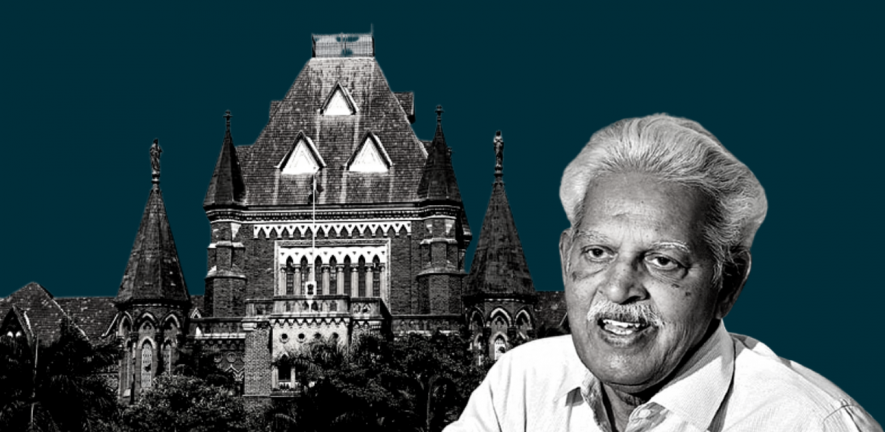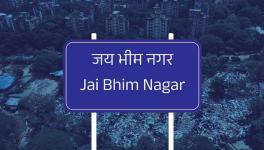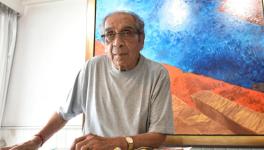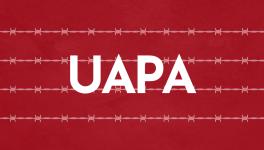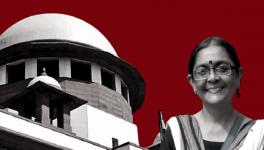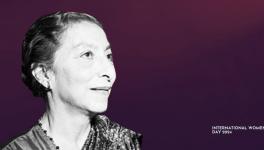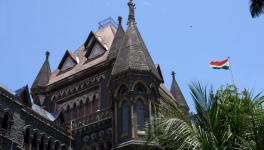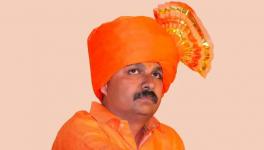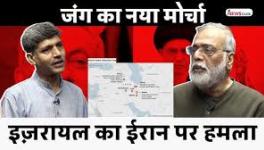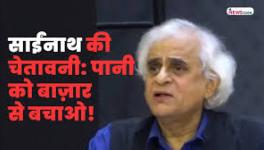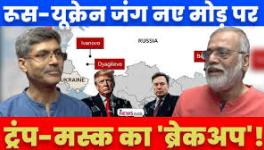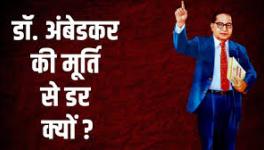On Friday, the Bombay High Court’s division bench of justices Sunil B. Shukre and G.A. Sanap passed the reasoned order to extend the temporary bail, of poet-activist and Bhima Koregaon case accused P. Varavara Rao, by three months. The Court had earlier passed the initial order on April 13 to this effect.
The Court was hearing a batch of petitions filed by Rao, which prayed for modification of the High Court’s previous order releasing him on temporary medical bail on the condition that he wouldn’t leave the jurisdiction of Mumbai. Rao had prayed to the court to modify his temporary release into a permanent medical bail and to allow him to move to Hyderabad, where his family resides, as the cost of living in Mumbai was very high for him.
Senior Advocate, Anand Grover, appearing for the octogenarian, appraised the court of Rao’s various medical conditions and emphasized that it was due to the timely intervention of the court (during the previous litigation) that he survived. Grover highlighted that Rao’s health conditions have worsened post-release and considering the lack of medical facilities available in Taloja jail, Rao will fail to survive if he is ordered to be sent back to jail. He further submitted that Rao had a right to health guaranteed under Article 21 of the Constitution of India and the same would be violated if Rao was subjected to suffer further incarceration in an ill-equipped prison like Taloja jail.
Grover also submitted that the Nanavati Hospital’s reports (medical papers and opinion), which claimed that most of Rao’s health problems have improved during the treatment, were manipulated “to satisfy the interest of NIA rather than the health and life of the accused”. Grover had argued that the opinion expressed in Nanavati’s report could not be relied upon as it wasn’t based on any evidence or data and that while a court cannot sit in judgment over an expert opinion, the court has to ensure that the opinion is based on verifiable information or data. Moreover, Grover had stressed during his arguments that the question about Rao’s health had reached finality as the NIA had not challenged it and hence it was not liable to be reviewed and decided again.
Rejecting Grover’s submissions, the Court, in paragraph 19 of the order, has observed that such a clinical summary by the Nanavati Hospital could not be disregarded, and further stated that the doctors concerned have relied on their independent opinion with regard to the examination of the accused. The Court rejected the contention of no change or improvement in Rao’s health condition since the court first granted him bail on February 22, 2021.
Additional Solicitor General of India, Anil Singh, however, denied any manipulation of the medical reports. Singh emphasized the complicity of Rao and the seriousness of the alleged crime. Further, he relied on the stringent provisions of the Unlawful Activities Prevention Act, requiring Rao to approach the Special Court for bail. Singh had argued that Rao had been abusing the process of the court by filing multiple petitions to seek an extension of his bail. He claimed that Rao had to surrender in light of improved health as he was out on medical bail and not on bail granted on merits.
The Court observed that the severity and seriousness of the crime would persist till Rao is pronounced not guilty of the alleged offence. Stating that he is one of the main conspirators, the Court found Rao not entitled to bail on medical grounds. Particularly, the Court, in paragraph 21, observed, “If the strict view of the matter is not taken and appropriate directions are not issued to rectify the deficiencies, all the undertrial prisoners would make a grievance of the same and apply for bail”.
Reiterating that Rao should be in judicial custody, and such custody has to be regulated by the Special Court, the High Court opined that the matter should be referred to the Special NIA Court. It also directed the Presiding Officer of the NIA Court to expedite the hearing in accordance with Section 309 of the Code of Criminal Procedure.
It must be noted that the trial is yet to begin in the Bhima Koregoan case. The prosecution has filed a chargesheet exceeding 5000 pages and intends to cross-examine at least 200 witnesses. Most accused have now spent almost over three years in judicial custody without trial,
With regard to Grover’s contention of lack of medical facilities in Taloja jail, the Court directed the Inspector General Prison Maharashtra to comply with the provisions of The Maharashtra Prison (Prison Hospital) Rules, 1970, to collect information from all prisons in Maharashtra on medical officers and facilities, and to submit a report of the same to the Court. In connection with the same, the Principal District Judges have been directed to pay periodical visits to the prisons and to further comply with the 1970 Rules.
Relying on the opinion of the doctor at Nanavati Hospital that prescribed Rao to undergo a cataract surgery, the Court extended Rao’s temporary bail for a period of only three months. The Court has directed Rao to surrender before the Taloja Jail authorities without fail at the end of this period.
The Bhima Koregoan (Elgar Parishad) conspiracy case arose out of the violence that broke out on January 1, 2018 at Koregoan Bhima, near Pune, Maharashtra after the 200-year anniversary of the battle of Bhima Koregoan, where a Dalit dominant British army defeated the Peshwa’s army in battle. Every year, thousands gather to celebrate this event at the Vijay Stambh, which was erected as a monument to celebrate this victory.
In the aftermath of the violence, over 16 lawyers, academics, social activists, and a priest were arrested by the Pune Police and the NIA, who accused them of conspiring among other things, planning to assassinate the Prime Minister and overthrowing the government of India.
One accused, Stan Swamy, has died even before the trial begins. Another accused, Sudha Bharadwaj, has been granted default bail as her chargesheet was filed before a court without jurisdiction. Rao has been out on medical bail for over a year. All other accused remain in judicial custody.
Click here to view the order.









